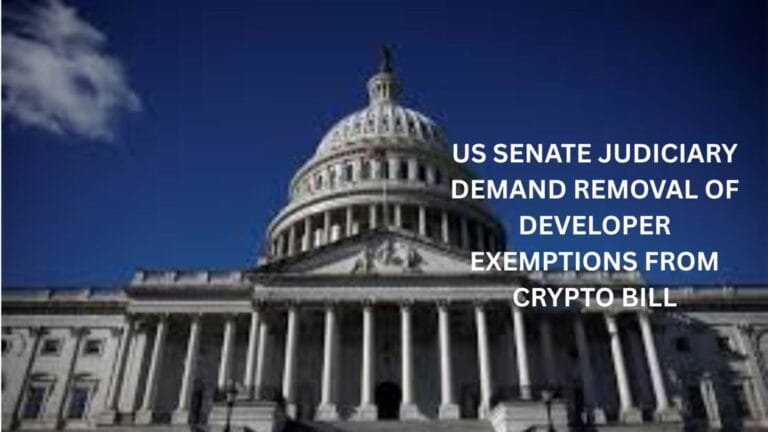Key takeaways:
- The UAE’s financial body announced that it would start considering license requests from businesses that offer services related to virtual assets.
- According to the SCA, all VASPs doing business in the UAE are required to apply for a license.
United Arab Emirates (UAE) government financial regulatory authority has stated that it would begin accepting license applications from businesses wishing to offer virtual asset services domestically.
All virtual asset service providers (VASPs) operating in the country, with the exception of those licensed in the nation’s financial free zones, are required to file an application and obtain a license from the regulator, according to a news release from the Securities and Commodities Authority (SCA). SCA mentioned:
“All VASP companies in the country must submit an application and obtain a license from the regulatory body, and companies licensed in the free zone under the jurisdiction of the World Trade Center Office do not need to apply separately.”
The virtual asset services authority (VARA), the Emirate of Dubai’s financial regulator, will continue to be the authority that digital asset businesses operating within the Emirate of Dubai must abide by. These businesses also need to apply for and receive a license from VARA.
On December 11, 2022, the UAE Cabinet approved Resolution 111 of 2022, which regulates virtual assets. The resolution’s goal is to provide a favorable environment for international institutions and businesses that are active in the virtual assets market in terms of investment, economics, and finance.
The SCA publicly announced on February 1 that it is taking on the tasks of policing and directing the virtual assets sector in accordance with the cabinet resolution. The resolution, according to the SCA, aims to guarantee the protection of investors’ money in virtual assets against unlawful practices.
The SCA went on to say that the regulation applies to any transactions using virtual assets for investment purposes, including those that take place in the nation’s non-financial free zones. The regulator did, however, set some restrictions. They clarified:
“Its provisions do not apply to virtual assets that are used for payment purposes, as they are subject to the jurisdiction of the Central Bank.”
The Central Bank of the United Arab Emirates recently presented its “The Digital Dirham” strategy, which uses CBDC. The CBUAE has joined together with G42 Cloud and R3 to supply the infrastructure and technology required for its digital currency effort. The Financial Infrastructure Transformation [FIT] concept was unveiled by the bank. The project intends to accelerate the rate of digital transformation in the financial services sector.










